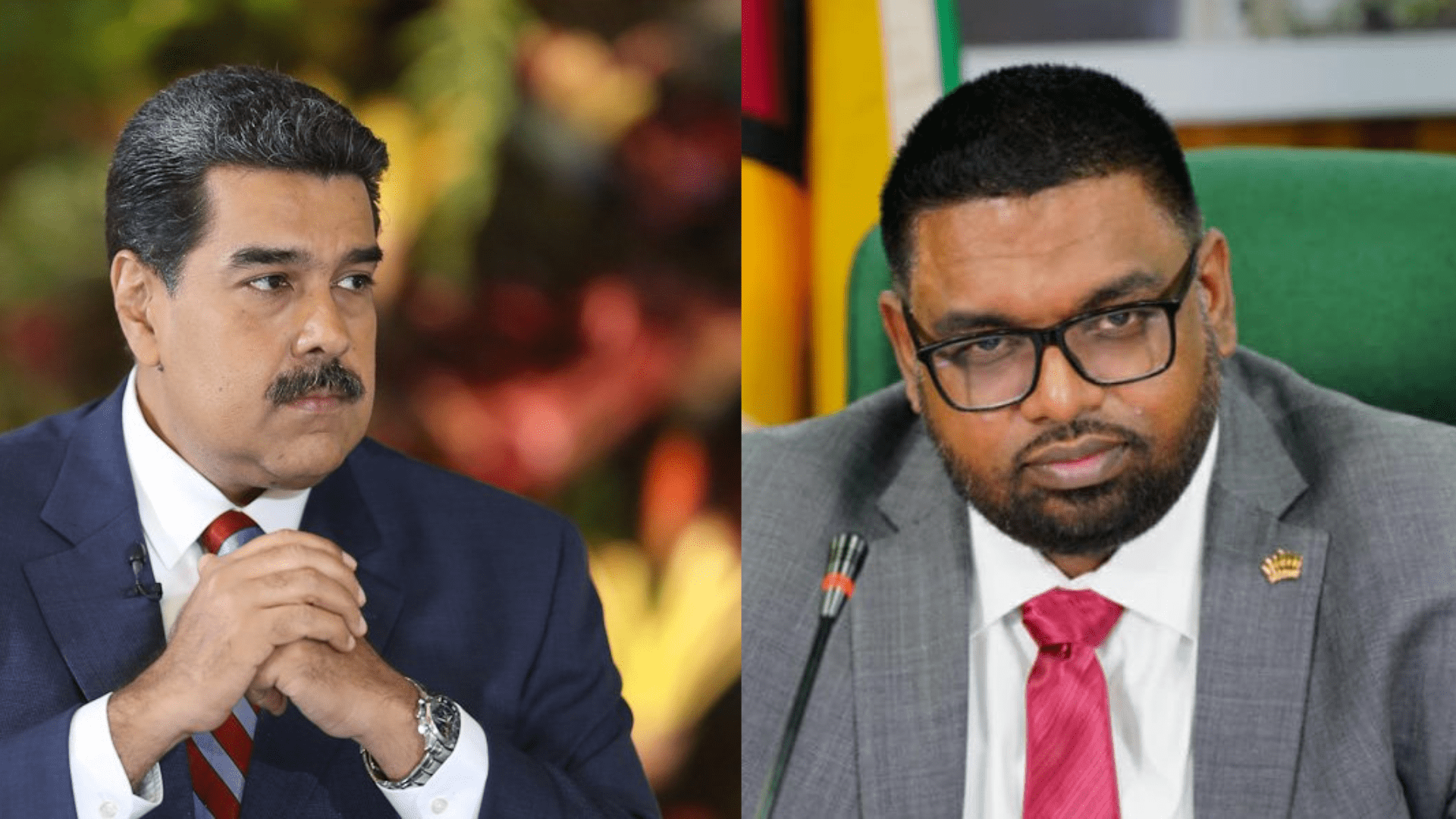Guyana could move one step closer to ending the more than a century long border controversy with its Spanish-speaking neighbour Venezuela, should the World Court rule in its favour on Venezuela’s preliminary objections to the admissibility of the matter. This would pave the way for the substantive case – validity of the 1899 arbitral agreement – to be heard.
Venezuela’s claim over Guyana’s territory spans nearly 62,000 square miles of land and parts of Guyana’s exclusive economic zone, which include oil rich waters offshore where ExxonMobil has found over 11 billion barrels of oil equivalent resources since 2015.
A significant portion of the Stabroek Block lies in the territorial waters of the region being claimed by Venezuela. Oil exploration there has been difficult, to say the least.
Back in 2018, when Petroleum Geo-Services (PGS) was conducting seismic work for Exxon, just a few miles from the Ranger-1 well, Venezuela’s Navy seized the vessel being used – the Ramform Tethys. Venezuela’s Foreign Ministry later put out a statement saying during a routine patrol, its navy encountered vessels hired by Exxon in an area under “undoubtedly Venezuelan sovereignty” and “proceeded to apply the appropriate international protocols.” In the end, the vessel turned around after being told that they did not have jurisdiction to operate there.
But it was not just Exxon. Other operators have faced hiccups because of the controversy.
There was also an incident with Anadarko (later acquired by Occidental Petroleum) and Roraima Block. In 2012, Anadarko was granted an exploration licence for the Roraima block. A year later, its contracted research vessel MV Teknik Perdana was ordered out of Guyana’s Exclusive Economic Zone by the Venezuelan Navy while conducting a geophysical survey. Anadarko then halted operations in Guyana until July 2015 when it restated interest in drilling for oil in the licensed area.
Over the years, Venezuela launched a misinformation campaign which features maps showing Guyana’s territory as part of theirs, along with false narratives being peddled across social media platforms.
Venezuela’s late submissions last year were seen as an attempt to stall the proceedings, since it had not recognised the jurisdiction of the ICJ to consider the case. Even when the Court ruled that it has jurisdiction, Venezuela held steadfast to its position that the Court does not.
Its argument – that put a pause on the substantive case – was that the United Kingdom (UK) should be a party to the case since it was party to the Arbitral Award of 3 October 1899 when the territory was determined to belong to Guyana, and asked the World Court to dismiss the substantive case.
Guyana’s Agent, Carl Greenidge, had told the World Court that the preliminary objections appear to be a device intended to derail and delay the Court’s determination of the merits of Guyana’s claims. To cement Guyana’s case, World Court President Judge Joan E. Donoghue and other judges heard from Professor Pierre d’Argent who argued that Venezuela’s preliminary objections are procedurally infrequent and therefore inadmissible in light of the Court’s order of 19th of June, 2018, governing submissions and filings.
Christina L. Beharry argued for Guyana, that Venezuela’s objections conflict with the judgement of 18th of December, 2020, when the Court determined it has jurisdiction to hear the case, which is Res Judicata. And that, to uphold those objections would be contrary to the statute.
A positive World Court ruling for Guyana, could very well spark the end of the controversy. If the 1899 pact is validated by the World Court, this could bring a much-needed confirmation of Guyana’s right, not just to its oil, but its considerable wealth in gold, diamond, bauxite, manganese, uranium, and other minerals, and timber.




